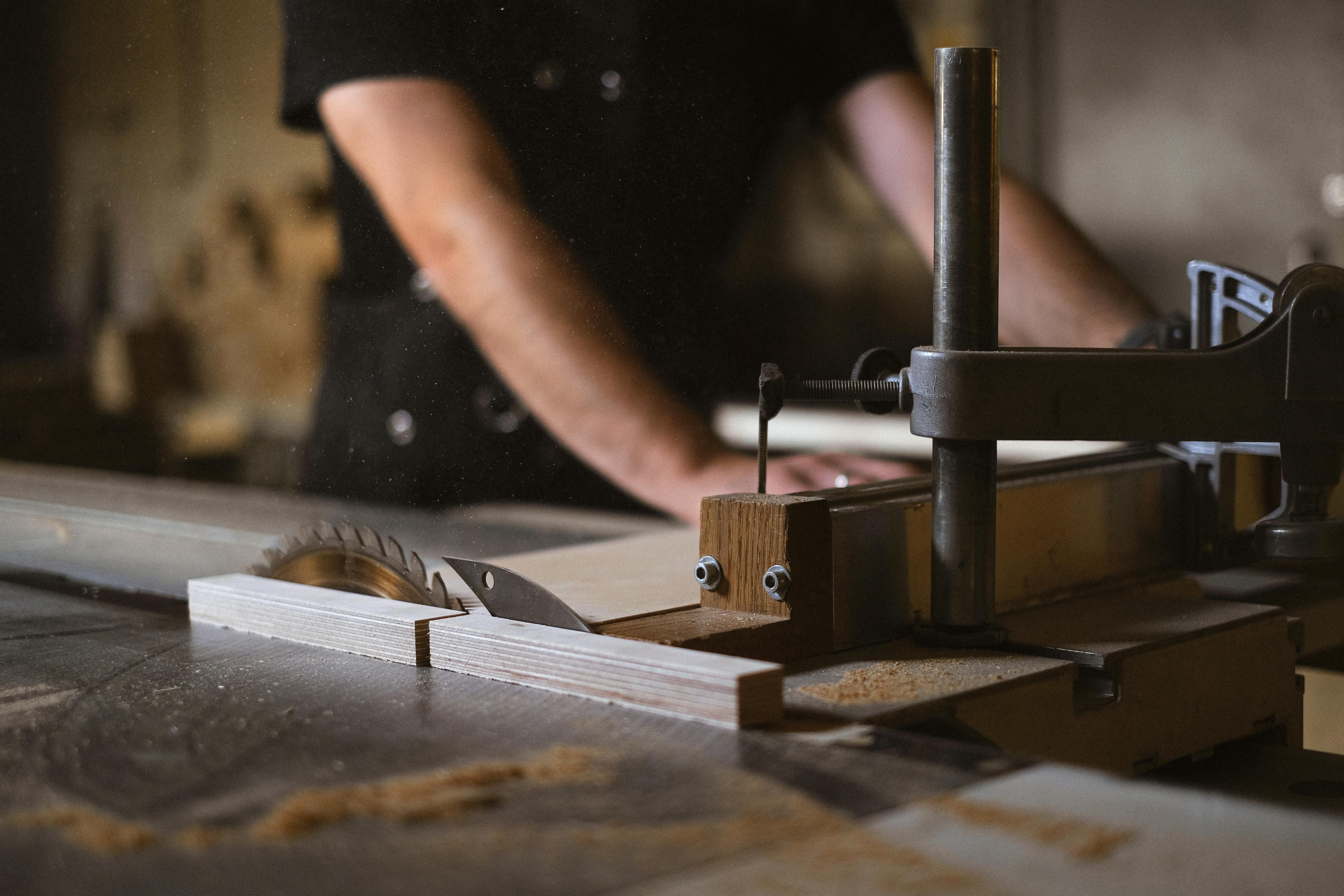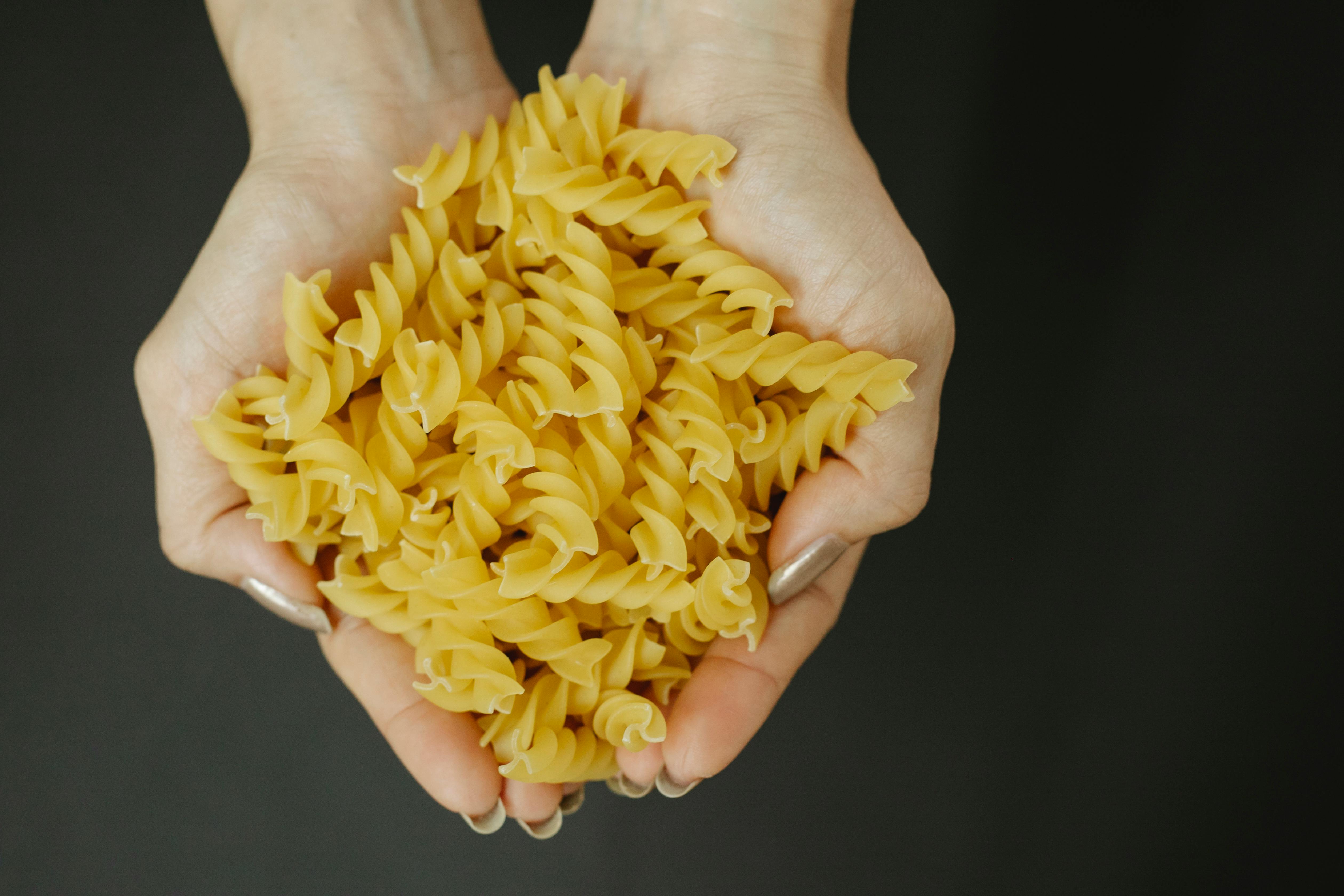Certainly commercial pressure washers and industrial pressure washers require heavier components than pressure washers designed for home use. Unfortunately, many commercial and industrial users make the mistake of purchasing home pressure washers because they are cheaper in price; they will never withstand commercial and industrial workloads. The end result is pressure washer failure and life that will most likely be a fraction of higher powered commercial and industrial pressure washers.
Pressure washers and pressure washing equipment in general They are used every day by commercial cleaning contractors, facility maintenance, food manufacturing, manufacturing industries, real estate maintenance, graffiti removal, car washes, and many more applications. Commercial and industrial pressure washers are built with industrial pumps, motors, and other heavy-duty components. The type of pressure washer largely depends on the application of the pressure washer.
Pressure washers come in different varieties, namely, cold water pressure washers, hot water pressure washers, and steam pressure washers. Cold water pressure washers emit water at temperatures similar to the inlet water temperature and are good for general cleaning of dirt and many other substances that do not have to be removed with heat.
Hot water pressure washers, which typically reach temperatures up to 200°F, are good pressure washers for applications to remove grease, oil, and other substances that cold water pressure washers cannot remove well or otherwise they will take too long to remove. remove them effectively and productively.
Hot water pressure washers work better than cold water pressure washers for cleaning cars, trucks and construction equipment, food contact surfaces, and much more.
Steam pressure washers use heating coils to reach temperatures up to 330° F, and are far superior to cold water pressure washers or hot water pressure washers when it comes to removing dirt, grease, food, chewing gum on concrete, graffiti and countless other substances Heavy carbon or stainless steel heating coils offer the best reliability and help create ultra-high temperatures that make all the difference in the world.
Another benefit of steam pressure washers is that they do not require chemicals as would be the case with cold water pressure washers and many hot water pressure washer applications. The high temperatures of steam pressure washers are excellent at sanitizing and disinfecting better than hot and cold water pressure washers. We suggest only green cleaning chemicals with 100% organic ingredients if you want to add extra cleaning power to the overall cleaning process.
Steam pressure washers use propane, kerosene, gasoline, or heating oil to essentially create “wet steam.” We emphasize “wet steam” because high-temperature wet flow is crucial not only to help dissolve substances, but also to remove them.
Dry Steam Cleaners or Vapor Steam Cleaners: “Dry steam” cleaners offer a fraction of the pressure of steam pressure washers, but more importantly, they lack the flow to remove substances from the surface.
The power of dry steam cleaners is measured in psi just like steam pressure washers, but dry steam cleaners typically put out only 60 psi or slightly more compared to steam pressure washers up to 4000 psi. Unfortunately, since dry steam cleaners use boilers for heating, the flow, which starts out higher at first, loses its power as it struggles to hold its steam with continued use. This is simply the nature of boiler generated steam for constant and continuous water flow applications.
While pressure washers use a continuous flow of water for uninterrupted cleaning, dry steam cleaners contain a boiler that must be refilled when the water runs out, or the technology includes a refill chamber that feeds the boiler so you can add water without need to turn off and recharge.
The point is, we urge you not to confuse dry steam cleaners with steam pressure washers. The difference is like night and day and you will simply be wasting your time and money trying to clean surfaces and substances that require wet steam pressure washers instead of a dry steam cleaner.
Pressure washers can run on electricity, propane, gasoline, heating oil, or kerosene. The feeding method of a pressure washer is just as important as the heating method, assuming you are looking for a hot water pressure washer or a steam pressure washer. Mobile applications call for gas pressure washers, propane pressure washers, and other pressure washers that do not require a power cord to an electrical outlet. You can certainly buy a gasoline generator that you can hook up an electric pressure washer to if you want.
Pressure washer and application locations are often important considerations when it comes to selecting the right pressure washers. Outdoor pressure washing means you can use most types of pressure washers, unless specific regulations require you to select a particular pressure washer technology. Beware: Contamination of the water supply and water flow must be considered, especially since the EPA will impose hefty fines if pressure washer runoff goes down storm drains.
Indoor pressure washing applications are another matter. A food manufacturing facility may require a steam pressure washer, but EPA, OSHA, and other regulations may require that the facility not use propane, diesel, kerosene, or heating oil to heat the pressure washer. The other problem can be that the flow rate of the pressure washer creates more water flow than the installation is capable of handling. Many food plants lack adequate drainage for pressure washers that put out flow rates up to 5 gallons per minute (gpm). You may decide to consider an electric high pressure hot water pressure washer if you are unable to use a steam pressure washer on your premises.



